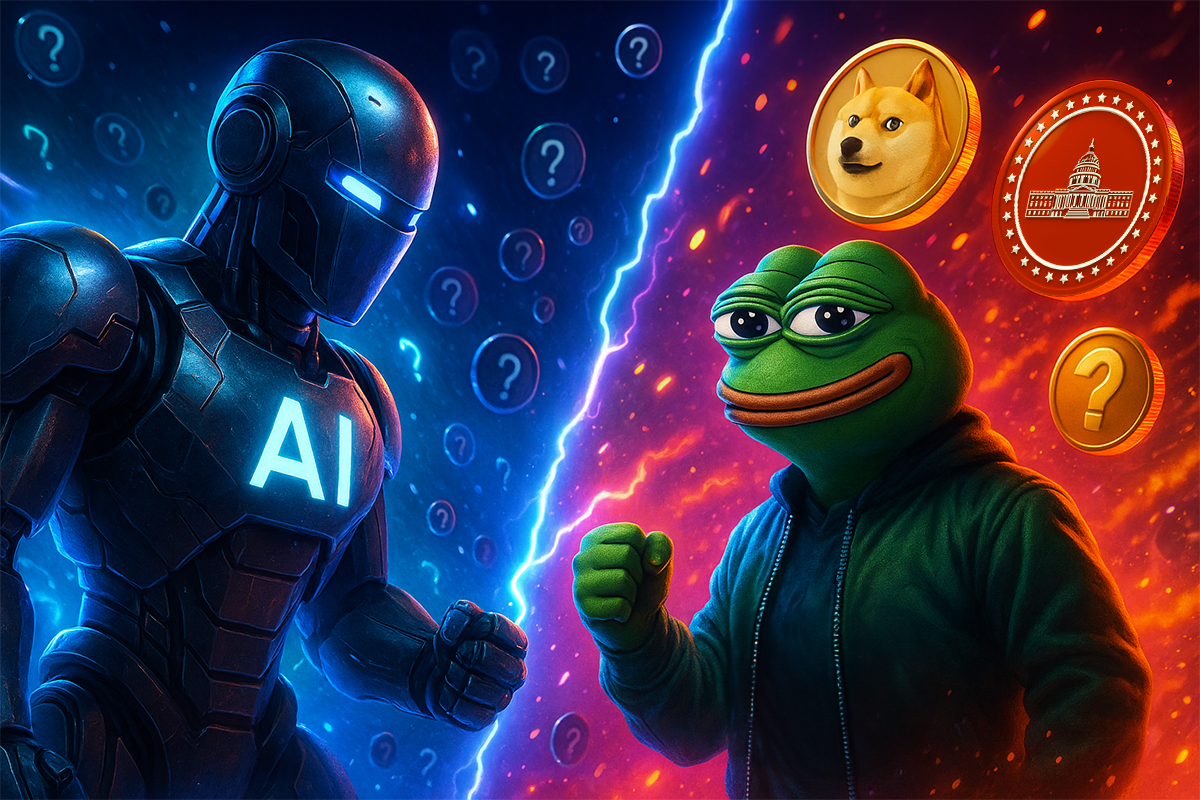U.S. SEC Chairman: The SEC plans to officially launch the "Innovation Exemption" before the end of the year or in Q1 2026
According to CoinDesk, U.S. Securities and Exchange Commission (SEC) Chairman Paul Atkins stated at an event in Manhattan on October 8 that the agency still hopes to establish an "innovation exemption" policy for companies operating in the United States based on digital assets and other innovative technologies as soon as possible, perhaps by the end of this quarter. Although the current government shutdown has constrained the SEC's ability to advance rulemaking, developing this policy remains a top priority for the agency, scheduled for the end of this year or the first quarter of 2026. He stated that the agency intends to initiate rulemaking by the end of 2025 or the first quarter of 2026 and is confident of doing so. He added that formal rulemaking in the cryptocurrency sector would allow it to break free from the previous regulatory model. During a Q&A session, he stated that the exemption he is promoting is one of the items he hopes to finalize quickly, as a way to welcome innovators to the United States. He also noted that the government shutdown has hindered work and has halted rulemaking. He also praised Congress's efforts to pass cryptocurrency legislation, mentioning the GENIUS Act but stating that the SEC did not play a major role in it.
También te puede interesar

AI Cryptos vs. Memecoins: The Battle for Bigger Returns

Bitcoin (₿) Eyes $130K Next — Analysts Highlight Ethereum and MAGACOIN FINANCE as Top Altcoins to Buy Now
